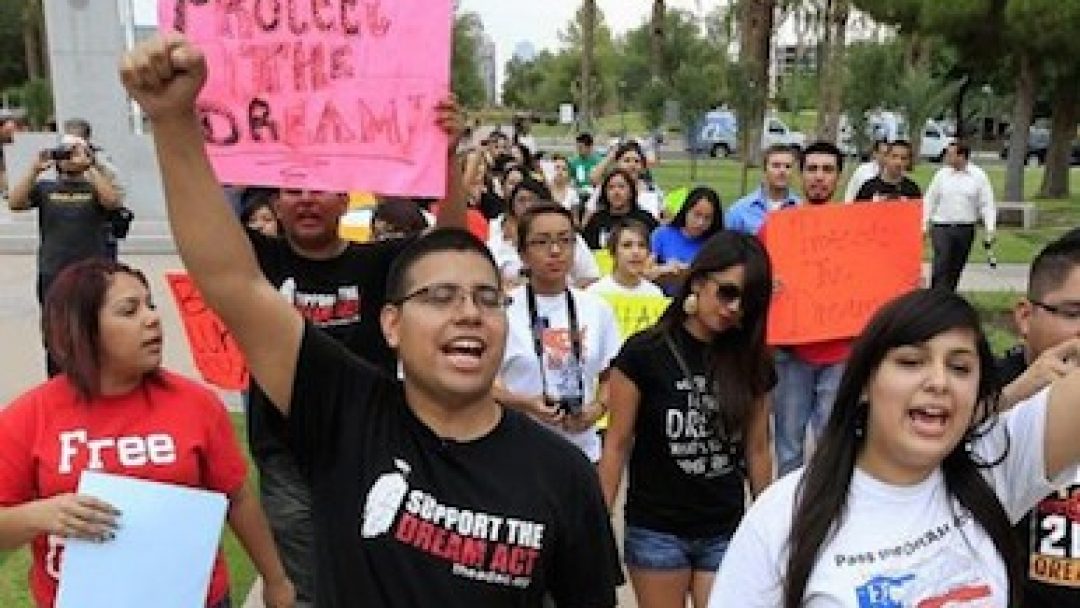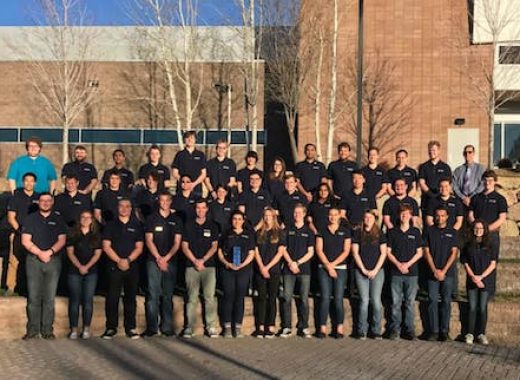Last week, the Arizona Court of Appeals overturned a 2015 decision that granted in-state tuition to college students with deferred deportation status. For Arizona immigrant students granted Deferred Action for Childhood Arrivals (DACA), this means potential tuition hikes of 300%. After losing their in-state status, these students face out of state tuition rates of nearly $10,000 per year for Arizona community colleges and over $30,000 per year for state universities.
This ruling is just the latest chapter in the battle over interpreting exactly what rights and privileges Arizona’s nearly 28,000 DACA recipients are entitled to. Arizona’s proposition 300, which was passed in 2006, stipulates that “university students who are not U.S. citizens or permanent residents, or who do not have lawful immigration status, are not eligible for in-state tuition status or financial aid that is funded or subsidized by state monies.” In 2012, when President Obama signed an executive order creating the DACA status, there was debate about whether DACA students had been granted full “lawful immigration status.” This debate culminated in a lawsuit from the attorney general’s office against Maricopa County Community College District, which granted DACA students in-state tuition and was followed by the rest of Arizona’s higher education system.
In the 2015 decision that last week’s ruling overturned, Maricopa County Superior Court Judge Arthur Anderson had ruled that young immigrants did have lawful immigration status. In last week’s reversal, Appeals Court Judge Kenton Jones wrote that “DACA recipients are not automatically eligible for in-state tuition benefits, but rather must look to Arizona’s statutory provisions regarding alien eligibility for in-state tuition benefits.”
Attorney General Mark Brnovich appealed the original 2015 ruling. While he feels bad for the students, he pointed out that his job is to enforce proposition 300, a law that more than 70 percent of Arizona voters approved in 2006.
“If people don’t like the law or the policies, what you do is you change the law or you change the policymakers,” Brnovich said. “You don’t get to pick and choose which laws you want to enforce or not.”
On the other hand, Karina Ruiz, the executive director of the Arizona Dream Act Coalition, called the ruling “a direct attack on our community.”
“It’s an attack because they don’t want the immigrant community to be educated and contribute to society,” Ruiz said. “Right now this attack reminds me that it’s important for me to keep in this fight.”








